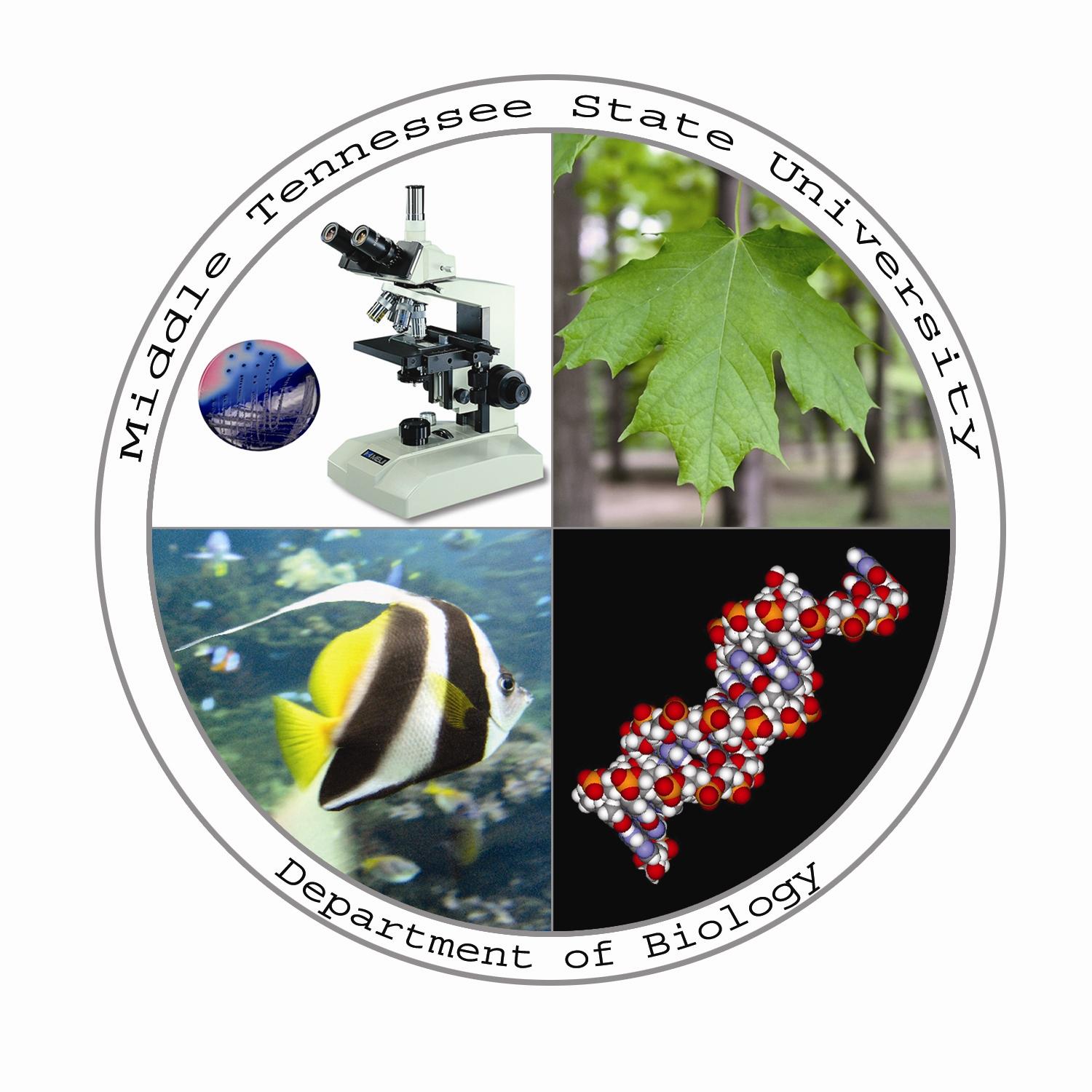Center for Cedar Glades Studies
The Center for Cedar Glades Studies (CCGS) was formally established in 2005 at Middle Tennessee State University through EPA funding. The main goals of the CCGS are to
- provide research opportunities on the ecology of glades,
- increase educator knowledge and skills about glades,
- act as a clearinghouse to provide information on glades to the public, and
- create a network of organizations to identify research and outreach needs for glades.
Cedar glades are an endangered ecosystem found primarily in Middle Tennessee and a few other localities in the Southeastern United States. Globally unique, cedar glades are extremely fragile habitats that have frequently been destroyed or severely impacted by humans, perhaps due to their sometimes "barren" appearance.
Historically cedar glades have been viewed as wastelands, yet they support a plant community of highly specialized species. The karst topography of the glades also supports an underlying cave network that provides habitat for many extraordinary species.
Glades are characterized by very thin soil that may be completely absent in patches. The shallow bedrock creates a harsh water regime that causes water to pool in the winter and parched, desert-like conditions in the summer. In this extreme environment, special adaptations are required for survival. Because the inhospitable conditions prevent many otherwise abundant species from surviving, cedar glades support unique communities of plants and animals, many of which are found nowhere else in the world (that is, those species are endemic to cedar glades).
Because Middle Tennessee is the global center of distribution for cedar glades, the choice to locate the CCGS here is a natural one, and MTSU and the MTSU CEE are proud to host the Center for Cedar Glades Studies.







